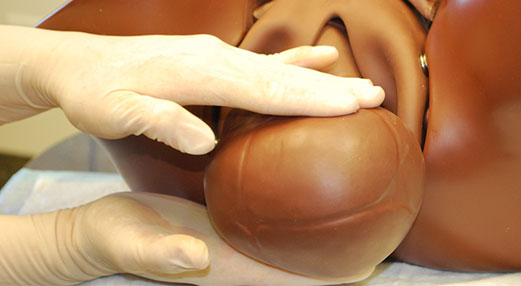Non-urgent transfer to hospital
Most people move from home into the hospital for non-urgent reasons. The most common reasons are:
- to access pain relief options only available in hospital (e.g., an epidural)
- to access an IV drip that contains the drug oxytocin to help speed up labour that is progressing very slowly
In these situations, there is no need to rush to the hospital. Travel can occur by car or taxi.
Emergency transport to hospital
Very few people who plan to have their babies at home are transferred urgently to hospital by ambulance. The most common emergencies requiring ambulance transport include:
- heavy bleeding after the birth (post-partum hemorrhage) Post-partum hemorrhage is heavy bleeding after birth. It's normal to lose some blood during and after a birth. However, if you lose more blood than normal, you may feel tired, weak and find recovering from the birth can be more difficult.
- concerns about the baby’s heartbeat during labour or their breathing after the birth.
If an urgent transfer to hospital is required, your midwife or (second attendant) In some places where there aren’t many midwives, births are attended by a midwife and a second attendant instead of a second midwife. For example, in some remote communities nurses act as the second care provider at births with midwives.1 Ontario C of M of. Second Birth Attendant Standard [Internet]. Canada: Web; 2018. will call 911. Emergency Medical Services (EMS) will come to your home, and you and/or your baby will be transported to the hospital by ambulance. The hospital will be notified of your and/or your baby’s condition. This allows staff to prepare for your arrival and prevent potential delays in care.
Depending on the situation, your midwife will either accompany you in the ambulance or meet you at the hospital.


